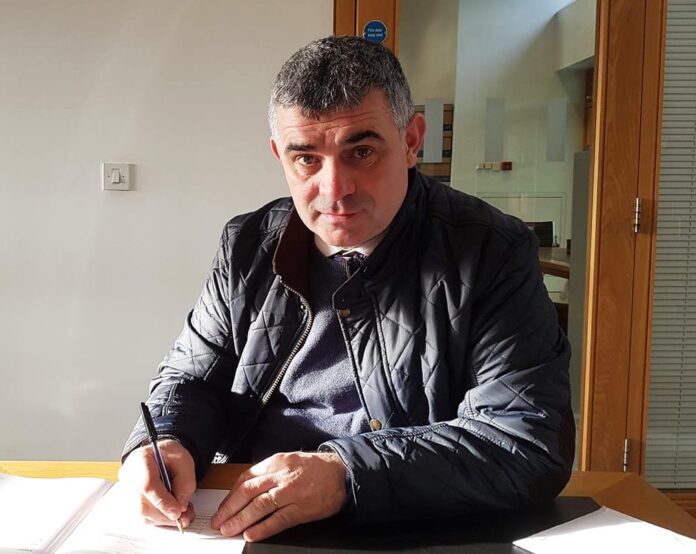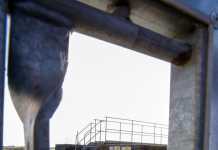
A COUNTY Limerick politician has raised concerns about Ireland’s “vulnerable position” following Russia’s invasion of Ukraine.
Rural Ireland Independent TD Richard O’Donoghue was speaking during a Dáil debate on the security situation in Europe, which was attended this week by Ukraine Ambassador to Ireland, Larysa Gerasko.
Deputy O’Donoghue said his concern is that because Ireland is on the edge of Europe we are on the tail end of the supply chain, which could be a major disadvantage in times of shortage.
“We are in a vulnerable situation. I ask the Minister to invest in our own producers to ensure that we are sustainable,” he commented.
“Like it or lump it, we are influenced economically by our relationship with Russia. Some 30 per cent of global wheat, 30 per cent of barley and 20 per cent of corn exports come from Russia and Ukraine. This produce comes through the Black Sea and is transported down the Danube.
“It can only come through without conflict. Russia is the largest fertiliser exporter in the world, accounting for 25 per cent of global nitrogen, 20 per cent of global potash and 16 per cent of global phosphate exports. Russia supplies 40 per cent of Europe’s natural gas and 30 per cent of Russia’s crude oil is exported. Crude oil prices have increased by 16 per cent since January, bringing the price of a barrel to €83.45.”
Deputy O’Donoghue also told the Oireachtas that it needs to stick by Irish producers to make sure they are viable.
“I sympathise with Ukraine but, as a public representative, I have to think of the Irish people and how our supplies come through. Like it or lump it, there will be a shortage throughout the world. We can see how reliant we are on Russia and Ukraine, so we are compromised,” he declared.
Limerick Green Party TD Brian Leddin felt it important to make the distinction between Putin and the Russian people.
“That distinction is critically important and we should be very clear about that. A war on the borders of the European Union and in cyberspace, a war on a sovereign state and a war on democracy itself is starting to play out.
“It is as sombre an occasion as events in the early 1910s or 1930s or, indeed, the events of the Cold War of the latter half of the 20th century,” he said.
Deputy Leddin added that Ireland must be ready to play its part in a humanitarian crisis caused by an autocratic regime.









